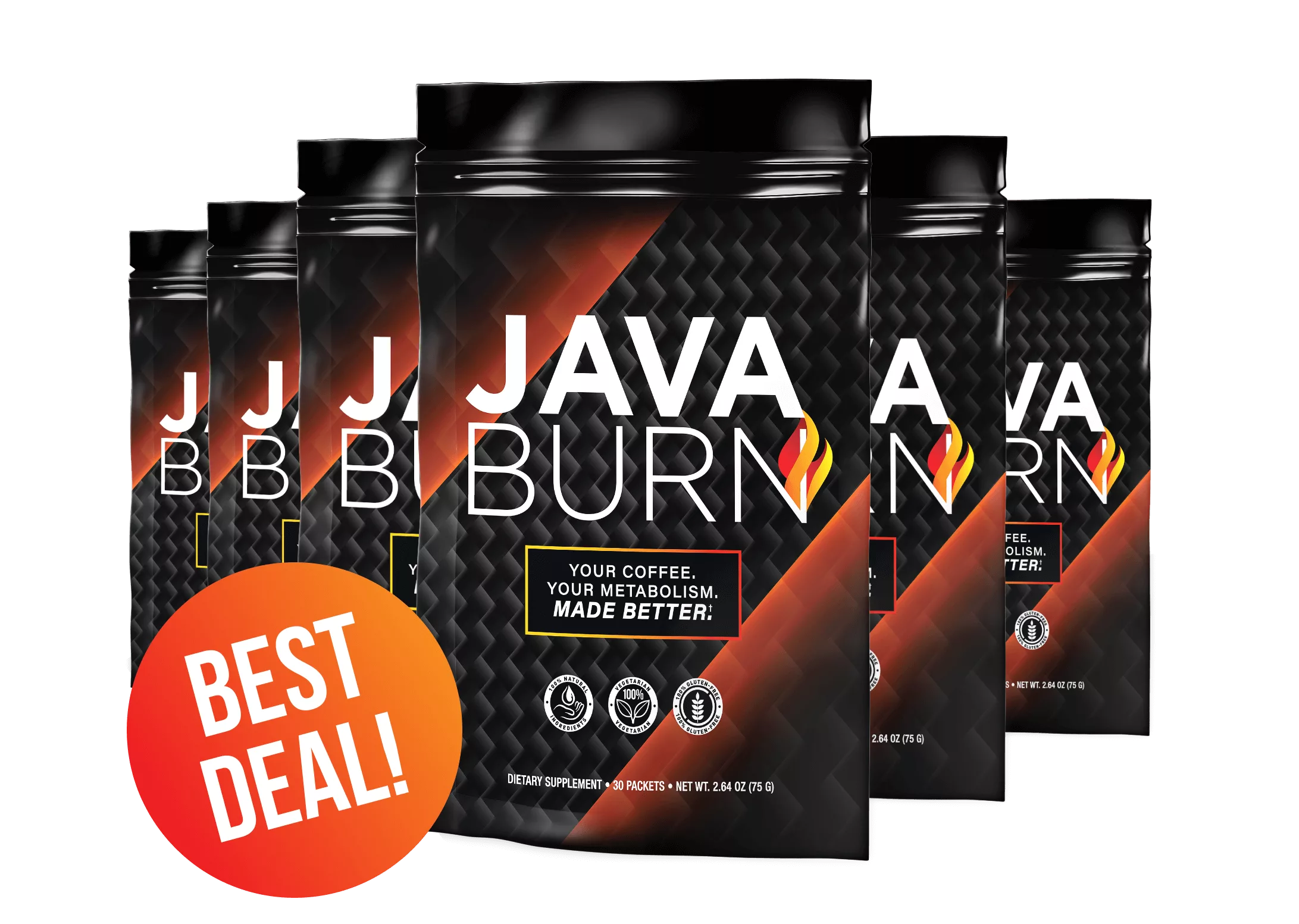Butter coffee, often called Bulletproof coffee, has gained popularity for its potential health benefits. People add butter to their morning brew to boost energy and help curb appetite. Butter coffee can promote a sense of fullness and provide a steady energy level due to its high fat content.

The fats in butter, especially when combined with MCT oil, may help those following a keto or low-carb diet. This combination supports ketosis, a state where the body uses fat for fuel. Additionally, some believe this drink can aid in weight loss by reducing cravings and keeping hunger at bay.
If you’re considering adding butter to your coffee, it’s important to understand both its benefits and potential downsides. While it can be a useful tool in managing appetite and energy levels, it is also calorie-dense and high in saturated fats. Explore whether this trendy drink fits your dietary needs and lifestyle.
Exploring the Basics of Butter Coffee

Butter coffee, also known as bulletproof coffee, combines coffee with high-fat ingredients like grass-fed butter and MCT oil. This section covers what butter coffee is and the roles of its main ingredients.
What Is Butter Coffee?
Butter coffee is a drink made by blending hot coffee with butter and sometimes coconut oil or MCT oil. This mixture creates a creamy and rich beverage. It’s popular among those following low-carb or ketogenic diets because it provides energy without carbs.
This coffee variant is often called bulletproof coffee. It aims to replace breakfast by giving a dense calorie boost. With around 445 calories per cup, it can be filling. Typical recipes use unsalted, grass-fed butter for its nutrients and flavor.
The Role of Ingredients
The ingredients in butter coffee play crucial roles in its appeal and nutritional profile. Grass-fed butter is a key component, selected for its higher content of omega-3 fatty acids, beta-carotene, and vitamins A, E, and K compared to regular butter.
MCT oil, derived from coconut oil, is another common ingredient. MCT stands for medium-chain triglycerides. These fats are quickly absorbed and can provide a quick energy source. Coconut oil might also be used as an alternative to MCT oil for its similar benefits.
Recipes can vary, but a standard mixture involves blending hot coffee with one to two tablespoons of butter and one to two tablespoons of MCT or coconut oil. The blending step is important, as it ensures the fats emulsify, creating a smooth, frothy drink.
Nutritional Profile and Health Impact

Butter coffee, also known as Bulletproof coffee, combines butter with coffee to create a unique beverage that offers certain nutritional attributes and health considerations. This section explores its caloric content, fat profile, and potential health benefits and risks.
Caloric Content and Nutrient Density
Butter coffee can be high in calories. An 8-ounce cup with two tablespoons each of butter and coconut oil contains around 445 calories. This high calorie count comes mostly from fats. Butter offers nutrients like beta-carotene, vitamin A, and vitamin K. However, it provides little to no protein or carbohydrates.
The major nutrients in butter coffee are fats. With zero carbs or protein, its primary value is as an energy-dense drink.
Fats and Cholesterol
Butter coffee is rich in both saturated and unsaturated fats. Each tablespoon of butter contains about 11.5 grams of fat and mostly saturated fats.
These fats include CLA (conjugated linoleic acid), omega-3 fatty acids, and butyric acid. The inclusion of MCT oil, a type of saturated fat derived from coconut oil, is common. Consumption can influence cholesterol levels, potentially raising LDL (“bad”) cholesterol while possibly increasing HDL (“good”) cholesterol.
Potential Health Benefits and Risks
Some people drink butter coffee to support ketosis, a metabolic state where the body burns fat for energy. The high fat content can help maintain energy levels during fasting.
Butter coffee may also include antioxidant-rich vitamin A, which supports the immune system and eye health. Potential benefits include increased mental clarity and sustained energy.
Risks involve high caloric intake without balanced nutrients. Excessive intake of saturated fats can contribute to heart disease. Additionally, elevating cholesterol levels might pose a risk for those with existing cardiovascular concerns.
Dietary Considerations and Adaptations

Butter coffee can fit into different dietary plans and help adapt to specific nutritional needs. It is often used in keto and intermittent fasting, and adjustments can be made to address allergies and intolerances.
Keto Diet and Intermittent Fasting
Butter coffee is popular among those following the keto diet and intermittent fasting. The keto diet is a high-fat, low-carb diet that focuses on reducing carbs to reach ketosis. Butter coffee provides healthy fats from butter and coconut oil or MCT oil, which can help maintain ketosis.
Intermittent fasting involves alternating periods of eating and fasting. Butter coffee can be consumed during fasting periods because it contains no carbohydrates or protein that would break the fast. It helps keep insulin levels stable and provides sustained energy.
For those on the paleo diet, butter coffee can be made using grass-fed butter and non-dairy alternatives. Ensure the coffee is free from additives to keep it paleo-friendly.
Dealing with Allergies and Intolerances
People with dairy allergies or lactose intolerance can still enjoy butter coffee by using plant-based butter. These alternatives offer similar healthy fats without causing allergic reactions.
Some prefer to use ghee, which is clarified butter and has most of the dairy proteins removed, making it suitable for those with mild dairy sensitivities. Blending ghee with coffee creates a creamy texture and maintains the benefits.
It’s also important to consider any other ingredients used in butter coffee recipes. Those with allergies to coconut can substitute the MCT oil with a different healthy fat like avocado oil.
When making butter coffee, it is crucial to monitor meal plans and ensure it complements the overall nutrition goals without causing any adverse reactions. Butter coffee can be adjusted to fit various diets while providing essential nutrients and energy.
Making and Consuming Butter Coffee

Butter coffee can be a unique way to start your day, providing energy and focus. It combines coffee with unsalted butter and other ingredients to create a frothy, satisfying drink. Here’s how to make it and some best practices for enjoying it.
A Simple Butter Coffee Recipe
To make butter coffee, you will need freshly brewed coffee, unsalted butter, and coconut oil or MCT oil. Start by brewing an 8-ounce (237-ml) cup of your favorite coffee. While the coffee is still hot, add 2 tablespoons of unsalted butter and 1-2 tablespoons of coconut oil.
Use a blender to mix these ingredients until the coffee is frothy and smooth. Mixing in a blender is key as it helps emulsify the fats, making the drink creamy and consistent. Pour it into a mug and enjoy immediately.
Butter coffee can also be customized. For example, some people add vanilla extract for extra flavor, or a dash of cinnamon for a spiced twist. Grating dark chocolate on top can turn it into a mocha treat.
Best Practices and Variations
When consuming butter coffee, consider your body’s response. Some find it helps curb hunger and boost energy, while others may experience nausea or fatigue. It’s also important to use organic, unsalted butter to avoid added salts and chemicals.
If you have dietary restrictions, there are variations. For a dairy-free version, you can replace butter with coconut butter or even a DIY version using blended oats. Adding MCT oil may help increase ketone production, providing a mental boost.
Butter coffee pairs well with a high-protein breakfast like oatmeal, which can help maintain fullness throughout the morning. Avoid drinking more than one cup daily to manage caffeine intake and potential side effects.
